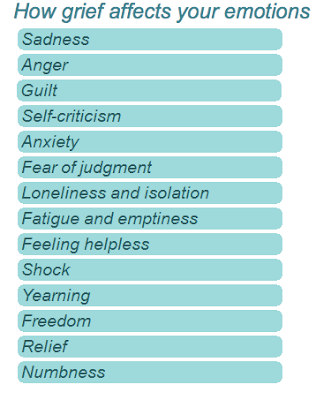Adverse Childhood Experiences (ACE): are highly stressful, and potentially traumatic, events or situations that occur during childhood and/or adolescence
I have been reading a lot of articles & been to a few professional development sessions on ACE. It has opened my eyes to not only how prevalent they are but the many implications they have on a child’s brain development, learning, overall health & social interaction.
ACE include:
- Emotional abuse
- Physical abuse
- Sexual abuse
- Neglect
- Household substance abuse
- Household mental illness
- Separation / divorce
- Death of a parent
- Witnessing abuse / violence
- Racism
- Sexism
- Homelessness
- Natural disasters
- Incarcerated parent
ACE increase risk of:
- Adolescent pregnancy
- Alcohol abuse
- Drug abuse
- Depression
- Heart & liver disease
- Smoking
- Suicide attempts
- Earlier sexual experiences
- STD’s
- Teenage pregnancy
- Partner violence
- Incarceration
How ACE effect health:
- Reduces the ability to learn
- Lowers tolerance to stress
- Difficulty making & maintain friendships
Struggle with understanding, reading & regulating feelings
Increased rate of depression / anxiety
Higher risk of self harm
- Difficulty with memory
- Physical health issues – heart rate, blood pressure, diabetes, obesity















